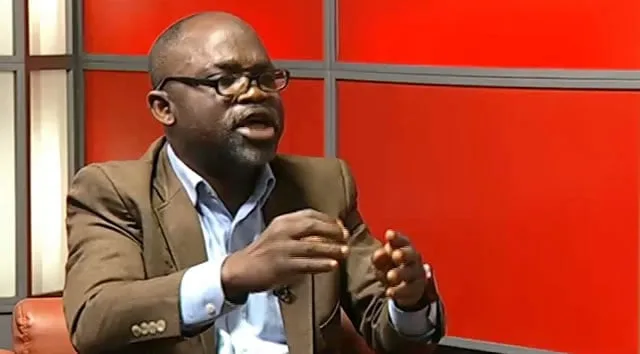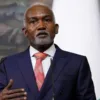The Socio-Economic Rights and Accountability Project (SERAP) and four concerned Nigerian citizens have filed a lawsuit against the administration of President Bola Tinubu over its failure to publish the forensic audit report of the Niger Delta Development Commission (NDDC).
According to SERAP, the report implicates senior officials and politicians in the alleged disappearance of ₦6 trillion from the NDDC between 2001 and 2019.
In a statement issued Sunday by SERAP Deputy Director Kolawole Oluwadare, the organization said the suit was filed last Friday at the ECOWAS Community Court of Justice in Abuja. The case is marked ECW/CCJ/APP/35/25.
Former President Muhammadu Buhari had ordered the forensic audit in 2019 following widespread allegations of grand corruption within the NDDC. Despite completion and submission of the report, the government has not made it public.
SERAP noted that the issue gained further urgency after Nyesom Wike, Minister of the Federal Capital Territory, recently alleged that the wife of a former minister received ₦48 billion in just one year “to train Niger Delta women.”
The plaintiffs—Prince Taiwo Aiyedatiwa, Chief Jude Igbogifurotogu Pulemote, Ben Omietimi Tariye, and Princess Elizabeth Egbe—are seeking a declaration that the government’s refusal to publish the report constitutes a violation of Nigeria’s international human rights obligations.
They are asking the court to compel the government to publish and provide public access to the forensic report and to adopt effective transparency and accountability measures for funds allocated to the NDDC.
In the suit, the plaintiffs argue that the government’s refusal to release the report obstructs public accountability, fuels impunity, and infringes on the right of citizens to access public information.
“The Nigerian government has violated our right to know the truth about the corruption allegations in the NDDC forensic report. Withholding the report perpetuates impunity and undermines justice,” the plaintiffs stated.
They further emphasized that freedom of expression inherently includes the right of the public to access information on government actions. “Without this right, truth languishes and public participation in governance becomes illusory.”
The plaintiffs also assert that the report is not classified and that no national security justification has been offered to keep it secret. They argue that the information is of overriding public interest, particularly in light of Nigeria’s obligations under Article 9 of the African Charter on Human and Peoples’ Rights and Article 19 of the International Covenant on Civil and Political Rights (ICCPR).
Both treaties, ratified by Nigeria, guarantee the right of access to public information and impose a positive obligation on the government to provide it.
The legal filing, prepared by SERAP lawyers Kolawole Oluwadare, Kehinde Oyewumi, and Andrew Nwankwo, stresses that transparency must be the rule and secrecy the exception. Any restriction must be lawful, legitimate, necessary, and proportionate. The government must justify why the report is being withheld.
They argue that the government’s continued refusal to disclose the forensic audit violates the plaintiffs’ right to a legal remedy, damages the rule of law, and hampers efforts to combat corruption and promote democratic participation.
No hearing date has yet been scheduled.


